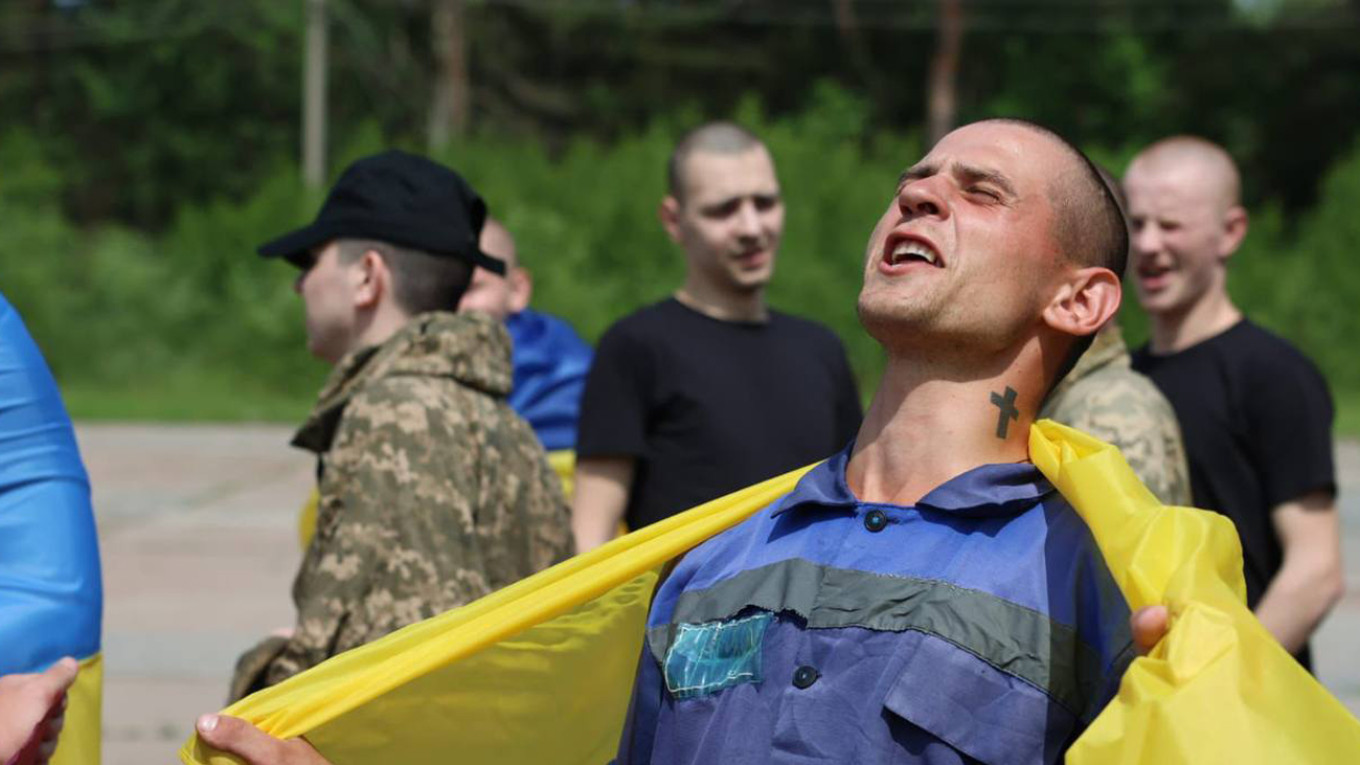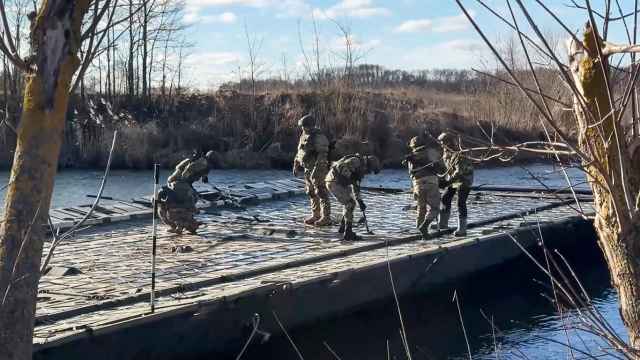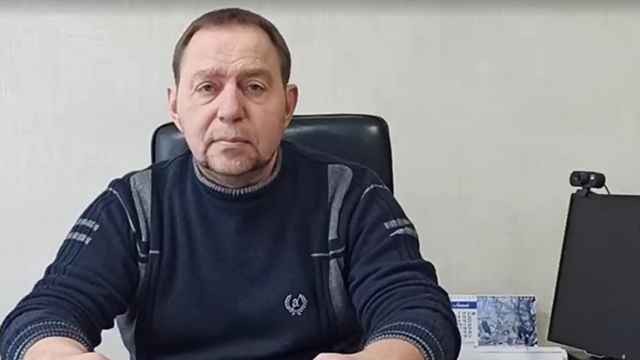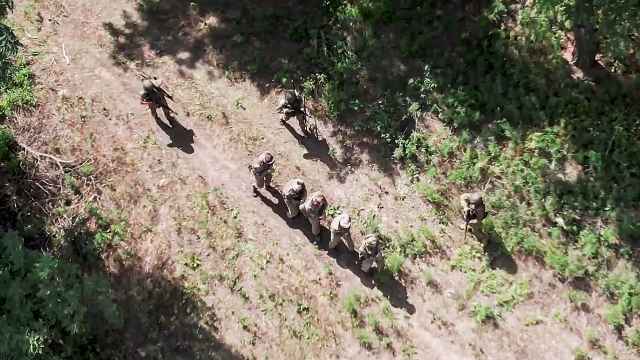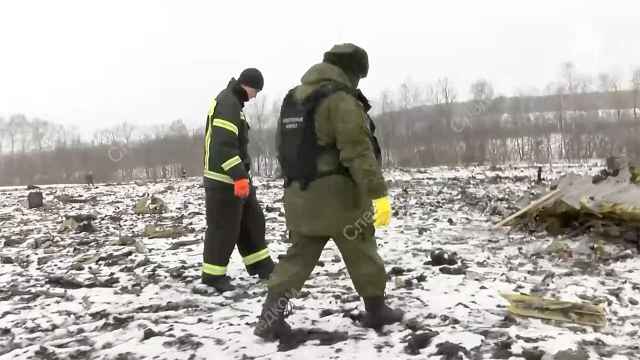Russia and Ukraine have begun exchanging prisoners of war under a deal reached during last week’s peace talks in Turkey, with Moscow saying the first stage involves the return of younger soldiers.
During negotiations in Istanbul last Monday, both sides agreed to release all wounded troops and captured soldiers under the age of 25 — more than 1,000 people on each side. They also pledged to exchange the bodies of 6,000 fallen soldiers each.
“In accordance with Russian-Ukrainian agreements, the first group of Russian servicemen under the age of 25 was returned from the territory controlled by the Kyiv regime,” Russia’s Defense Ministry said Monday on Telegram.
Ukrainian President Volodymyr Zelensky confirmed the exchange on X, saying it “will continue in several stages over the coming days.”
Neither side disclosed the number of soldiers involved in the initial swap, but Russia said it had returned “a similar number” of Ukrainian troops. Russian lead negotiator Vladimir Medinsky said Saturday that Moscow had submitted a list of 640 Ukrainian POWs for release.
Russia’s Defense Ministry said its returned soldiers are undergoing mental health and medical treatment in Belarus before being sent home for further care.
Zelensky described the exchange as “quite complex, with many sensitive details,” adding that negotiations are continuing “virtually every day.” The Kremlin said earlier on Monday it was ready to follow through on the agreements, while accusing Ukraine of failing to meet its obligations.
On Saturday, Russia’s Defense Ministry accused Kyiv of not setting a date for the POW swap. Ukraine, in its turn, accused Moscow of “dirty games” and not adhering to the agreed terms.
Medinsky claimed Ukraine did not show up to collect the bodies of its fallen soldiers. Ukraine’s Coordination Headquarters for the Treatment of Prisoners of War said no date had been agreed and that the list of names Russia provided did not match the terms of the agreement.
A Message from The Moscow Times:
Dear readers,
We are facing unprecedented challenges. Russia's Prosecutor General's Office has designated The Moscow Times as an "undesirable" organization, criminalizing our work and putting our staff at risk of prosecution. This follows our earlier unjust labeling as a "foreign agent."
These actions are direct attempts to silence independent journalism in Russia. The authorities claim our work "discredits the decisions of the Russian leadership." We see things differently: we strive to provide accurate, unbiased reporting on Russia.
We, the journalists of The Moscow Times, refuse to be silenced. But to continue our work, we need your help.
Your support, no matter how small, makes a world of difference. If you can, please support us monthly starting from just $2. It's quick to set up, and every contribution makes a significant impact.
By supporting The Moscow Times, you're defending open, independent journalism in the face of repression. Thank you for standing with us.
Remind me later.


